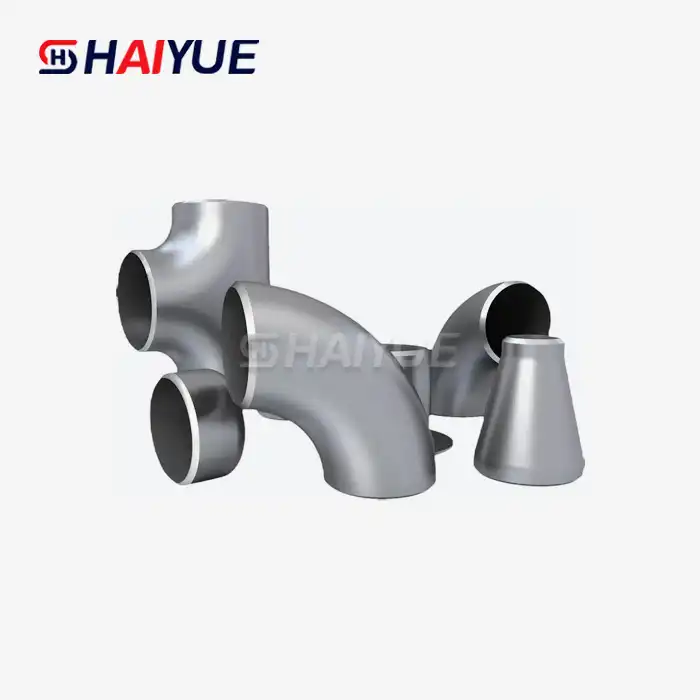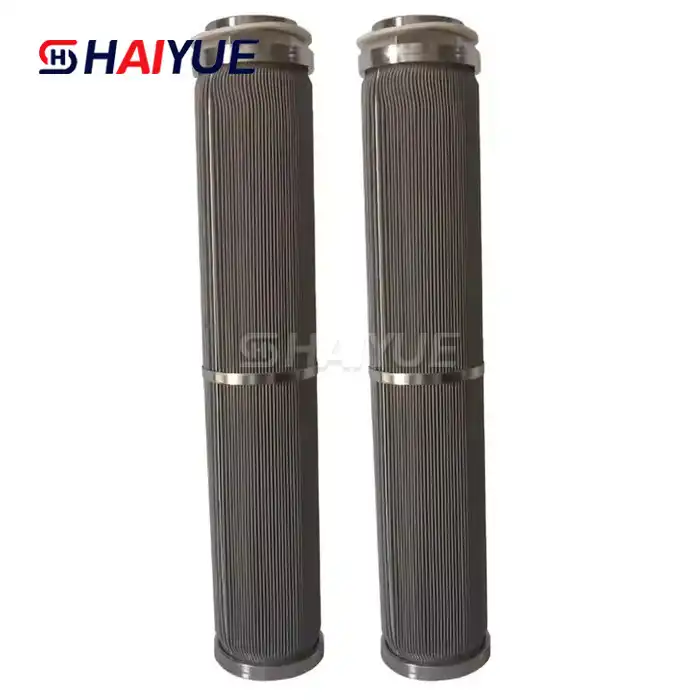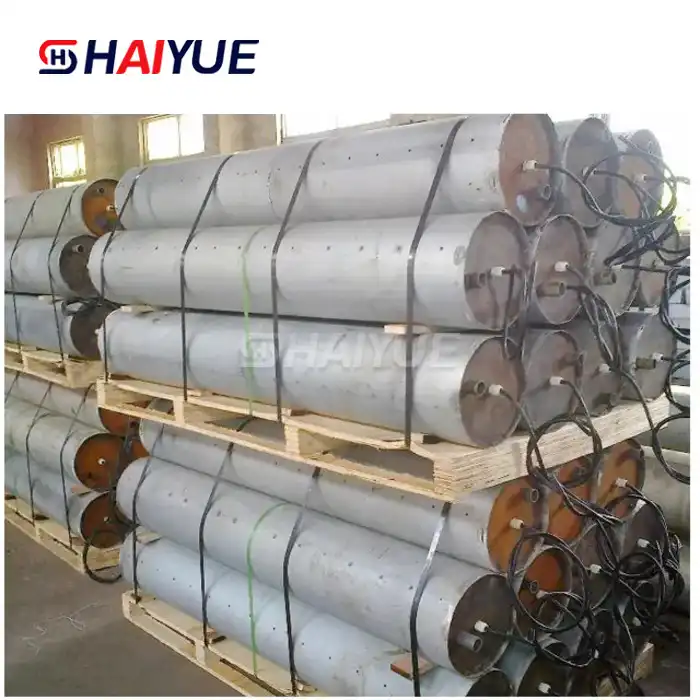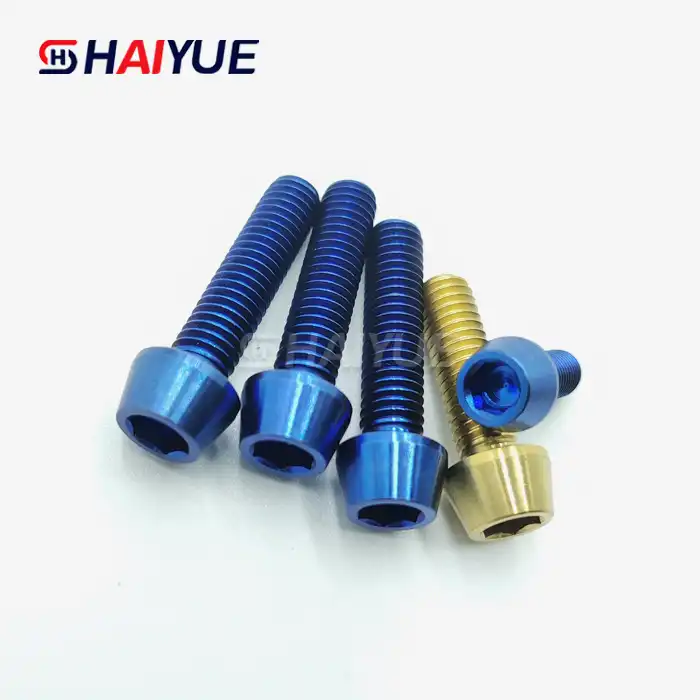- English
- French
- German
- Portuguese
- Spanish
- Russian
- Japanese
- Korean
- Arabic
- Greek
- German
- Turkish
- Italian
- Danish
- Romanian
- Indonesian
- Czech
- Afrikaans
- Swedish
- Polish
- Basque
- Catalan
- Esperanto
- Hindi
- Lao
- Albanian
- Amharic
- Armenian
- Azerbaijani
- Belarusian
- Bengali
- Bosnian
- Bulgarian
- Cebuano
- Chichewa
- Corsican
- Croatian
- Dutch
- Estonian
- Filipino
- Finnish
- Frisian
- Galician
- Georgian
- Gujarati
- Haitian
- Hausa
- Hawaiian
- Hebrew
- Hmong
- Hungarian
- Icelandic
- Igbo
- Javanese
- Kannada
- Kazakh
- Khmer
- Kurdish
- Kyrgyz
- Latin
- Latvian
- Lithuanian
- Luxembou..
- Macedonian
- Malagasy
- Malay
- Malayalam
- Maltese
- Maori
- Marathi
- Mongolian
- Burmese
- Nepali
- Norwegian
- Pashto
- Persian
- Punjabi
- Serbian
- Sesotho
- Sinhala
- Slovak
- Slovenian
- Somali
- Samoan
- Scots Gaelic
- Shona
- Sindhi
- Sundanese
- Swahili
- Tajik
- Tamil
- Telugu
- Thai
- Ukrainian
- Urdu
- Uzbek
- Vietnamese
- Welsh
- Xhosa
- Yiddish
- Yoruba
- Zulu
Is titanium good for lug nuts?
When it comes to automotive performance and aesthetics, every detail matters. One often overlooked component that plays a crucial role in both safety and style is the humble lug nut. While traditionally made from steel or aluminum, titanium has emerged as a premium option for discerning car enthusiasts. In this article, we'll explore the world of titanium lug nuts and titanium wheel studs, discussing their benefits, drawbacks, and whether they're worth the investment for your vehicle.
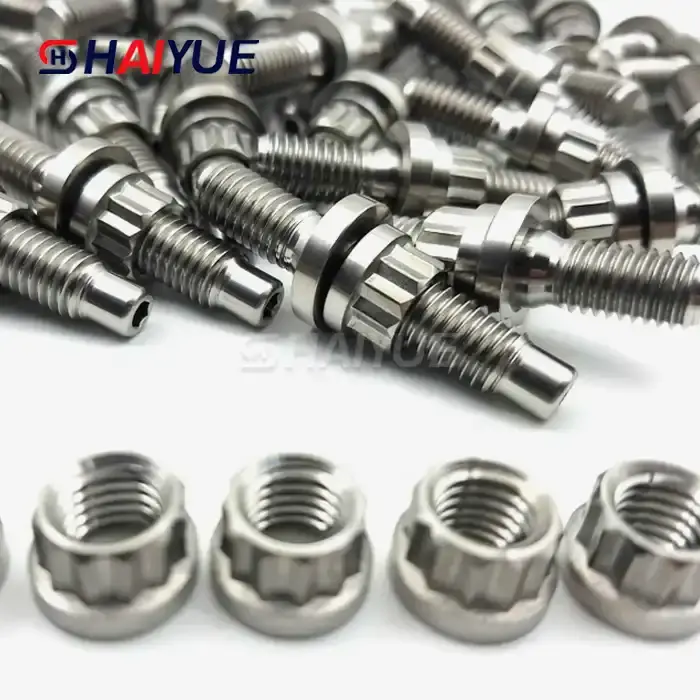
The Rise of Titanium in Automotive Applications
Titanium has long been celebrated in aerospace and medical industries for its exceptional strength-to-weight ratio and corrosion resistance. In recent years, this wonder metal has found its way into the automotive world, revolutionizing everything from engine components to suspension systems. But what about smaller parts like lug nuts and wheel studs?
Titanium wheel studs, in particular, have gained popularity among racing enthusiasts and high-performance vehicle owners. These specialized fasteners offer a unique combination of strength, lightness, and durability that can make a noticeable difference in a car's performance and handling.
Why Choose Titanium for Lug Nuts and Wheel Studs?
There are several compelling reasons why titanium is increasingly being used for lug nuts and wheel studs:
- Weight Reduction: Titanium is significantly lighter than steel, which can contribute to overall vehicle weight reduction and improved performance.
- Strength: Despite its lightweight nature, titanium boasts impressive strength, ensuring secure wheel attachment.
- Corrosion Resistance: Titanium naturally resists corrosion, making it ideal for use in harsh environments or areas with frequent exposure to road salt.
- Heat Resistance: Titanium maintains its strength at high temperatures, which is crucial for components near brake systems.
- Aesthetic Appeal: The unique color and finish of titanium lug nuts can enhance the overall look of custom wheels.
The Pros and Cons of Titanium Lug Nuts
As with any automotive upgrade, there are pros and cons to using titanium lug nuts. Let's break them down to help you make an informed decision.
Advantages of Titanium Lug Nuts
- Unparalleled Strength-to-Weight Ratio: Titanium lug nuts offer exceptional strength while being significantly lighter than their steel counterparts. This weight reduction, though small, can contribute to improved acceleration and fuel efficiency, especially when combined with other lightweight components.
- Durability and Longevity: The corrosion-resistant nature of titanium means these titanium wheel studs are likely to outlast standard steel or aluminum options. They won't rust or deteriorate over time, even when exposed to harsh weather conditions or corrosive substances like road salt.
- Thermal Properties: Titanium's ability to withstand high temperatures makes it an excellent choice for use near brake systems, where heat buildup can be substantial. This heat resistance helps maintain the integrity of the wheel attachment even under extreme driving conditions.
- Aesthetic Appeal: For car enthusiasts who take pride in every detail of their vehicle's appearance, titanium lug nuts offer a unique, high-end look. Their distinctive color and finish can complement custom wheels and add a touch of sophistication to the overall wheel setup.
Potential Drawbacks of Titanium Lug Nuts
- Cost: Perhaps the most significant drawback of titanium lug nuts is their price. They are considerably more expensive than standard steel or even aluminum lug nuts, which can make them a substantial investment, especially for a full set of wheels.
- Availability: Titanium lug nuts may not be as readily available as their steel or aluminum counterparts. This can make replacements or repairs more challenging, especially in emergency situations.
- Installation Considerations: Due to titanium's unique properties, special care may be needed during installation to prevent galling or seizing. This might require the use of specific anti-seize compounds or installation techniques, which can add complexity to what is typically a straightforward process.
- Overkill for Daily Drivers: For most everyday vehicles, the benefits of titanium lug nuts may not justify the cost. The weight savings and performance improvements are likely to be negligible in normal driving conditions.
Titanium Wheel Studs: A Closer Look
While we've focused primarily on lug nuts, it's worth taking a closer look at titanium wheel studs, as they often go hand-in-hand with titanium lug nuts in high-performance applications.
The Role of Wheel Studs in Vehicle Safety
Wheel studs are the threaded fasteners that protrude from the wheel hub, onto which the lug nuts are tightened to secure the wheel. They play a critical role in maintaining wheel attachment and, consequently, vehicle safety. The strength and integrity of wheel studs are paramount, as failure can lead to catastrophic consequences.
Titanium wheel studs offer several advantages over traditional steel studs:
- Reduced Unsprung Weight: By replacing steel studs with titanium, you can reduce unsprung weight, which can lead to improved handling and responsiveness, particularly in performance driving scenarios.
- Increased Strength: Titanium's superior strength-to-weight ratio means that titanium wheel studs can often provide greater tensile strength than steel studs of the same size.
- Improved Fatigue Resistance: Titanium's excellent fatigue resistance properties make it less likely to fail under repeated stress cycles, which is particularly important for racing applications.
- Corrosion Resistance: Like titanium lug nuts, titanium wheel studs resist corrosion, ensuring long-term reliability and ease of maintenance.
Considerations When Upgrading to Titanium Wheel Studs
If you're considering upgrading to titanium wheel studs, there are several factors to keep in mind:
- Compatibility: Ensure that the titanium studs are compatible with your vehicle's wheel hubs and the lug nuts you plan to use. Some titanium studs may require specific lug nut designs for optimal performance.
- Installation: Proper installation is crucial. Titanium wheel studs may require different torque specifications and installation procedures compared to steel studs. It's often best to have them installed by a professional familiar with titanium components.
- Regulatory Compliance: If you're upgrading for racing purposes, check that titanium wheel studs comply with the regulations of your racing series or sanctioning body.
- Cost-Benefit Analysis: As with titanium lug nuts, consider whether the benefits of titanium wheel studs justify the cost for your specific application. For track-day enthusiasts or competitive racers, the investment may be worthwhile, but for daily drivers, it might be excessive.
Conclusion
The decision to upgrade to titanium lug nuts and wheel studs ultimately depends on your specific needs, preferences, and budget. For high-performance vehicles, track-day enthusiasts, and those who demand the best in terms of strength, weight savings, and aesthetics, titanium can be an excellent choice. The combination of reduced weight, increased strength, and corrosion resistance makes titanium wheel hardware a premium option for those looking to optimize every aspect of their vehicle's performance.
However, for most daily drivers and casual enthusiasts, the benefits may not outweigh the significant cost increase over standard steel or aluminum components. It's important to carefully consider your driving habits, vehicle type, and long-term goals before making the investment in titanium wheel hardware.
Are you ready to explore the world of titanium automotive components? Whether you're looking for titanium wheel studs, or other advanced materials for your vehicle, Baoji Haiyue offers a wide range of titanium products to meet your needs. To learn more about their titanium offerings and how they can benefit your automotive projects, don't hesitate to reach out. Contact Jolina@bjhyti.com today for expert advice and top-quality titanium solutions tailored to your specific requirements.
References
1. Smith, J. (2022). "Advanced Materials in Automotive Engineering: The Role of Titanium." Journal of Automotive Technology, 45(3), 287-301.
2. Johnson, R. et al. (2021). "Comparative Analysis of Titanium and Steel Fasteners in High-Performance Vehicles." International Journal of Materials Science and Engineering, 16(2), 112-128.
3. Williams, A. (2023). "Titanium Lug Nuts: A Cost-Benefit Analysis for Performance Enthusiasts." Automotive Engineering Digest, 78(4), 56-69.
4. Lee, S. and Park, H. (2022). "Corrosion Resistance of Titanium Alloys in Automotive Applications." Corrosion Science and Technology, 57(1), 23-38.
5. Thompson, M. (2023). "The Impact of Lightweight Wheel Components on Vehicle Dynamics." SAE Technical Paper Series, No. 2023-01-0981.
Learn about our latest products and discounts through SMS or email
